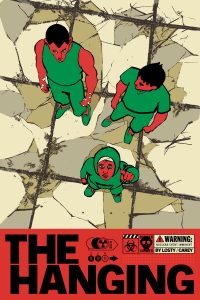
Cartoonist: Aaron Losty
Letterer: Becca Carey
Publisher: Strangers Publishing / $18
June 2025
The youngest of the three brothers is the one who can see the why. Of course. He’s not the first kid to point up at the sky, at the bombs suspended above the city, The Hanging, but no one else seems to perceive the ghostly knotted loops of air wrapped around them, keeping them there, no one but Tim. In a future without resources or empathy, bombs are the least of their worries. Desperate men emerge from the alley to take you for what you’ve got, but the system will take your soul, the cops will take your life. Aaron Losty’s graphic novel keeps a tight grip on bare hope, testing what a bandaged hand can endure.
Losty paints a future dystopia that is close enough we may yet experience it in our lifetimes, a portrait of what people around the world are going through as we speak, a rumination on how any true history that acknowledges the oppressed has told this story since always. But minus the backdrop of bomb-clutching quasi-sentient tube phantoms. The rare comic that shows us a life we don’t want: our own. Centering the comic around Tim, Adam, and Mac’s daily lives (with a dash of magical realism) reminds me of the first Palomar stories from Gilbert Hernandez in Love and Rockets. The Hanging is more cruel.
It’s closed and open at the same time. The reader can find strength in the moments of hope that keep the characters going- despite their world being so engulfed by the shadows of war that everything is seemingly ultimately blacked out. The worst kind of modern horror story: when people with low income have to seek privatized-healthcare medical assistance. The Hanging is that age-old tragedy of those without power getting squeezed between the sides. Losty shows us, without remorse, what overpowering trauma does to people, how it changes them, and then hands the reader the crescendo of their fate.
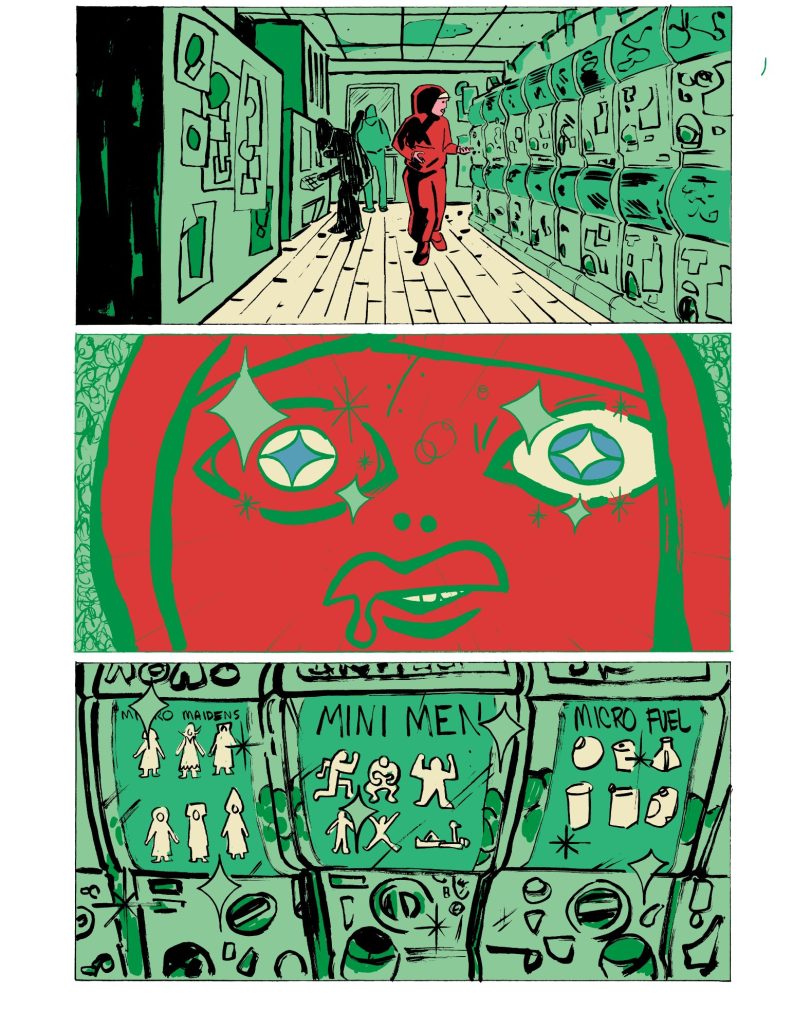
Within the panels, white is largely- though not exclusively- Becca Carey’s domain as letterer. Carey’s touch is subtle, a full book experience that ties the world within the story to the presentation of the publication to the reader and what information that can include. The character dialog is set so that its visual feel shares the aesthetic personality of Losty’s art for the book, but the sound effects and loudspeaker announcements call back to Carey’s design of the covers and endpapers of the Strangers Publishing print edition. Badass publisher. The title, The Hanging, and its open-ended threat of nuclear destruction is a driving force behind the scenes in the story, but never really confronted by the brothers the way it is by the reader picking the book off the shelf. Carey reminds us that the dread is always there, already waiting for you in every empty room before you enter.
Losty’s heavy use of black is also transcendent. The weighted hand at the inkwell of the inspired cartoonist. Generous and robustly shadowed on par with Hugo Pratt, though Losty’s style is more about minimalism and dynamic design than it is characters standing out against a realist backdrop. Rubber Blanket David Mazzucchelli. Paired with the flatness of the colors, The Hanging feels muralist. Stencil protest art adjacent, a (again vaguely retro) nod to what was carried over from Emory Douglas to Seth Tobocman.
Peppered with moments of pure comics poetry. The fallout protection in a pack of government-supplied super cigarettes is an all-timer. The klaxons sound and the air quality warning goes out: light up or die. The mugger turns around and extends an open pack toward the reader. Smoke up, or shit out your insides.
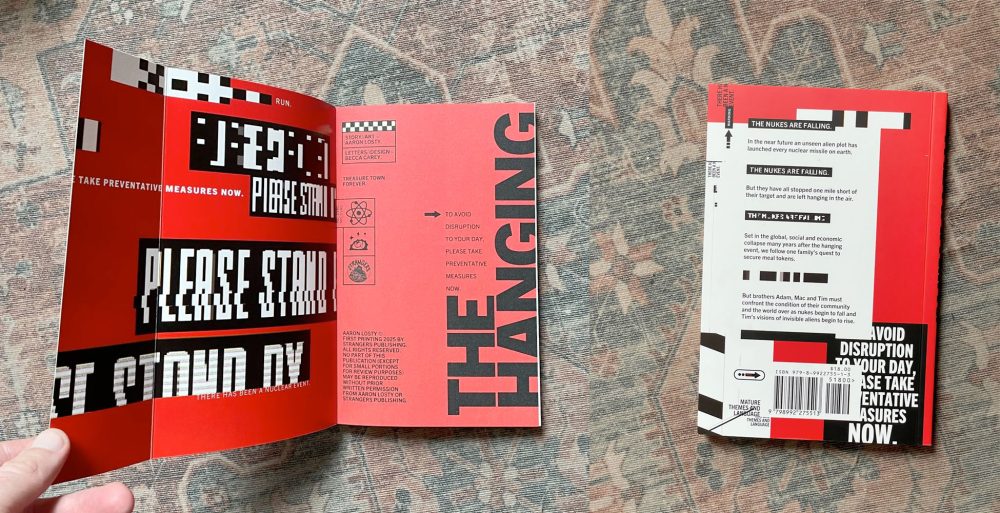 Photos by Aaron Losty
Photos by Aaron Losty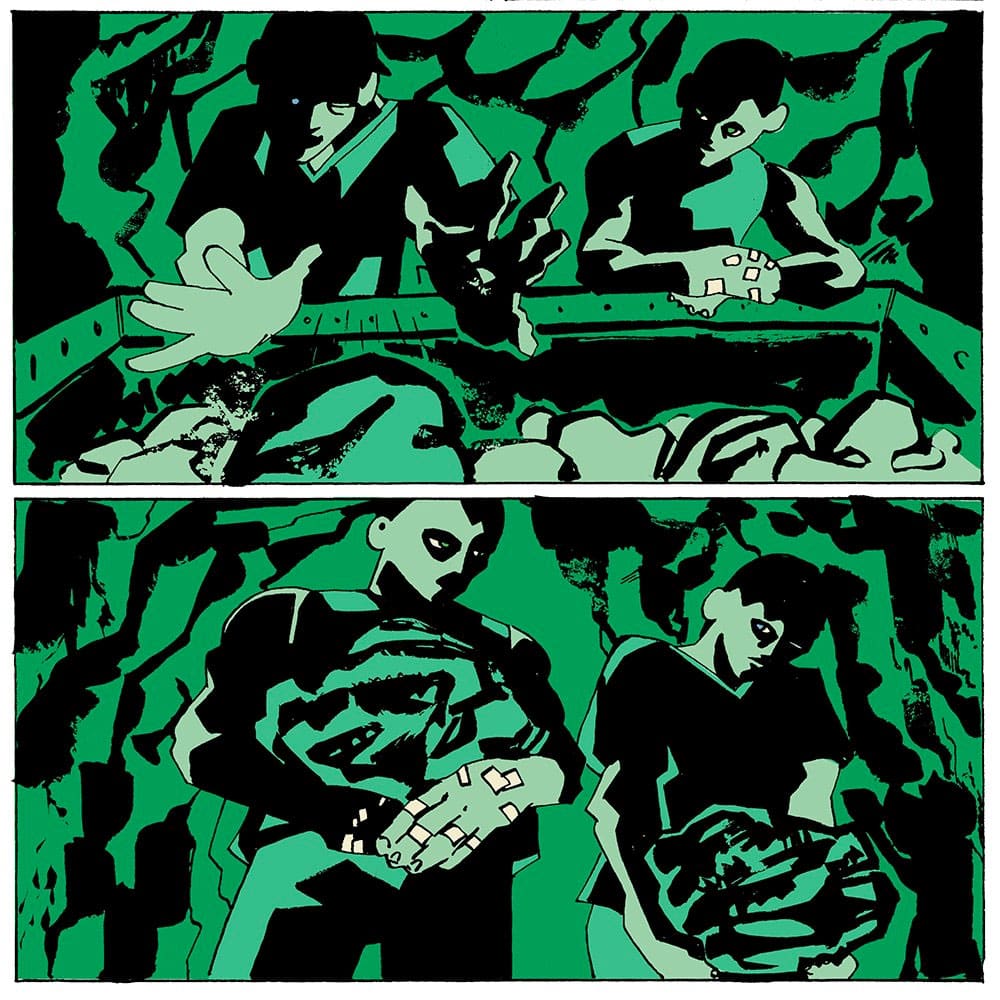
Though having a semi-supernatural threat hanging in the air that no one really discusses and storytelling focused on the everyday navigation of a blasted society formed waiting for the other shoe to drop both remind me of the opening chapters of Inio Asano’s alien invasion manga Dead Dead Demon’s De De De De Destruction, things are worse for the brothers in The Hanging than they were for the Demon’s schoolgirl friend circle. Kate Wilhelm’s interstellar climate crisis novel Juniper Time, on the other hand, is closer, going deep into the darker places that Losty also explores. The forthcoming austerity isn’t going to stop at ennui.
The Hanging transcends the good-bad basics to become a bespoke political barometer for each reader. Particularly in how the events at the book’s end align, and what the reader thinks happens next. Not about discovering how things got the way they are, or exposing who benefits from it. Like I said, we’re living through the backstory now. It is a given that unbridled private profit in all sectors of human life will cause cultural collapse, death by the score. If this is science fiction, it’s the kind that abandons the possibility of what could be for an allegory of the limitations of what is.
Losty is asking, what’s the difference. Does it matter. If the kids can survive, but the world cannot, is that a victory? What if the worst person you know is philosophically on your side? Are you a failure? Does it matter. Is what gave you the strength to keep others safe worth the toll it took? Literally, at any moment, the bomb could drop. Do we give up. Who can be saved. What good is a ghost.
The Hanging is published by Strangers Publishing.


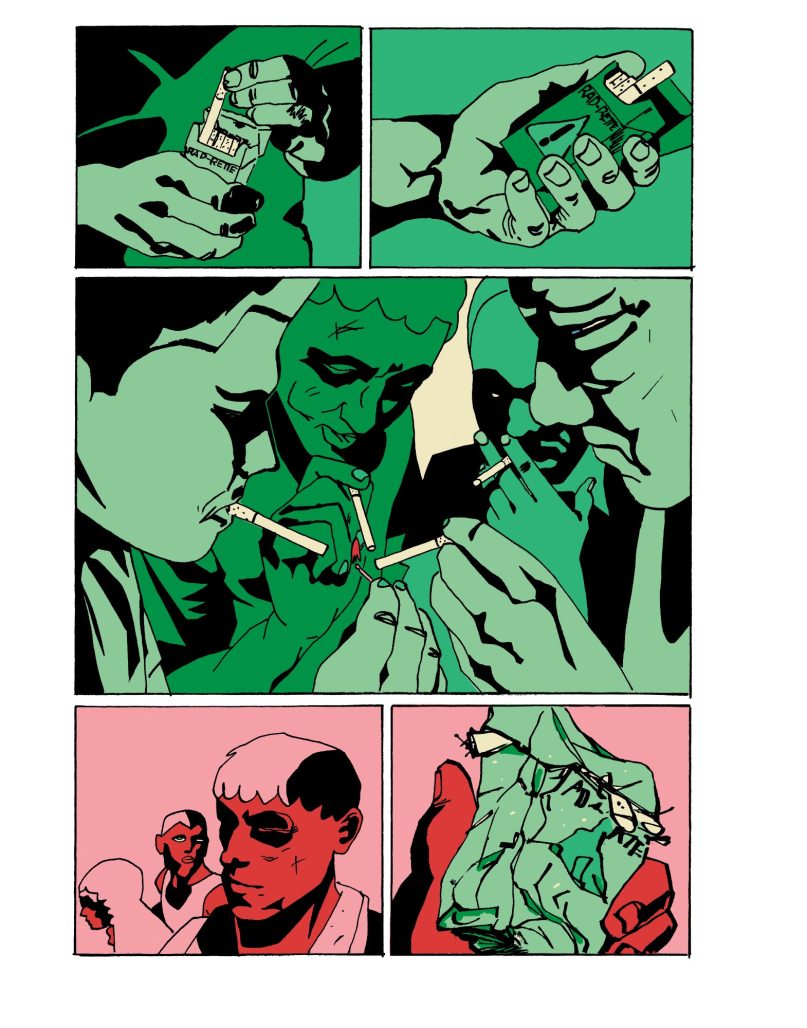
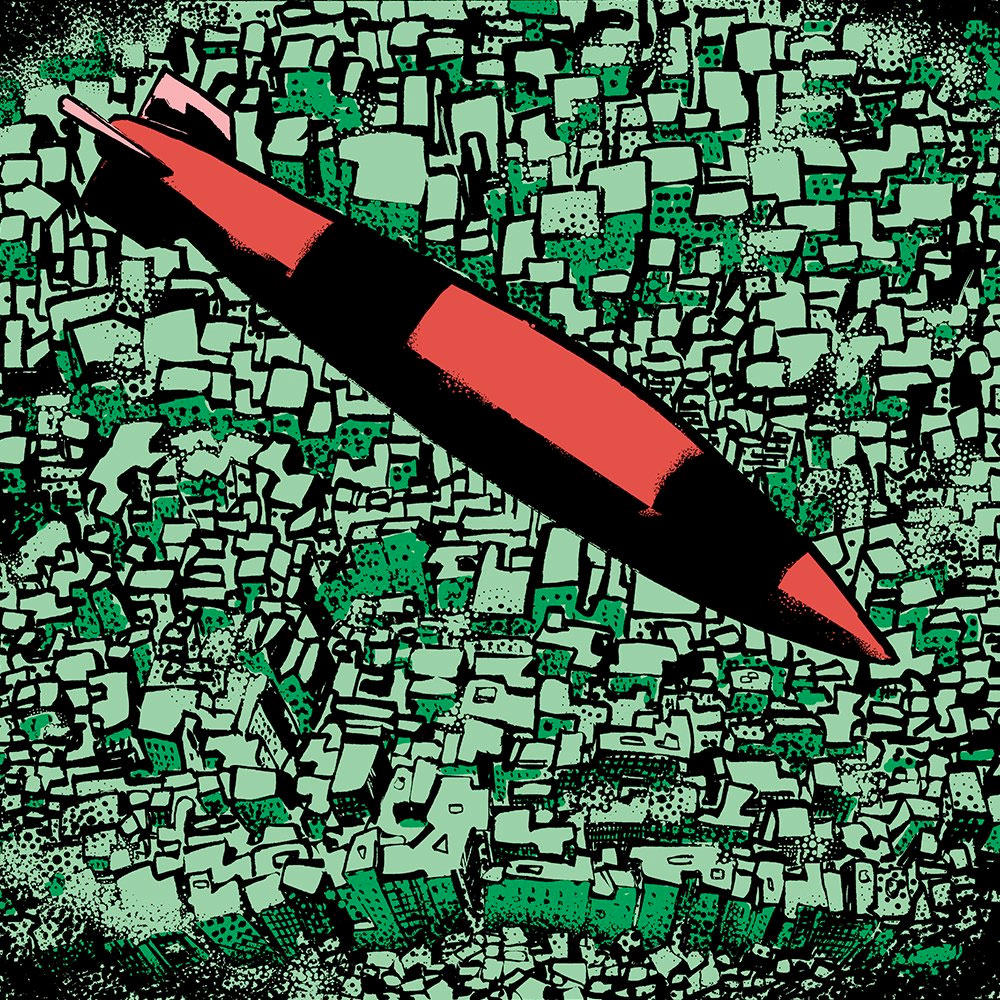



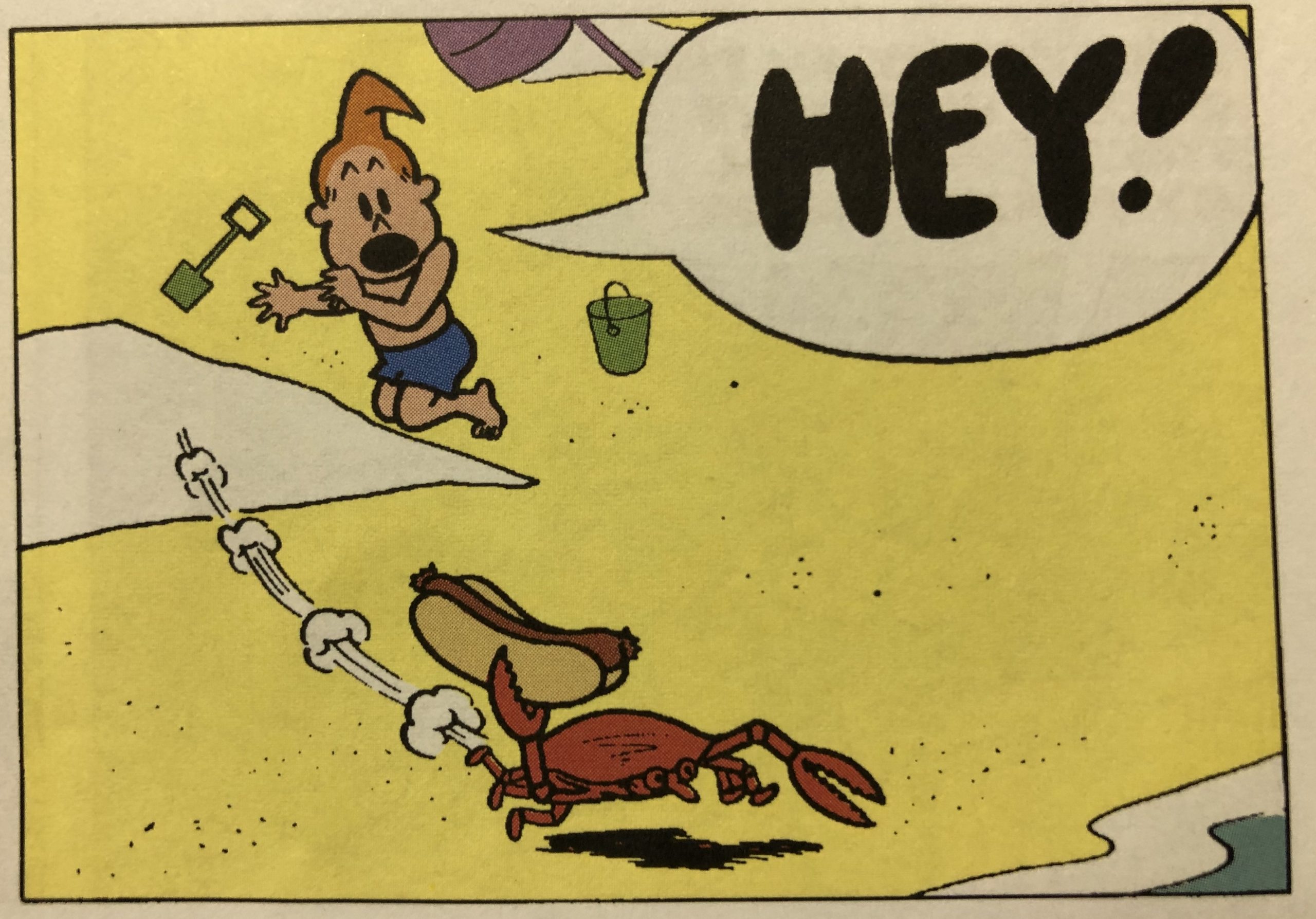
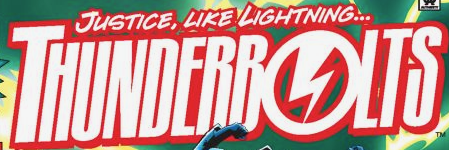



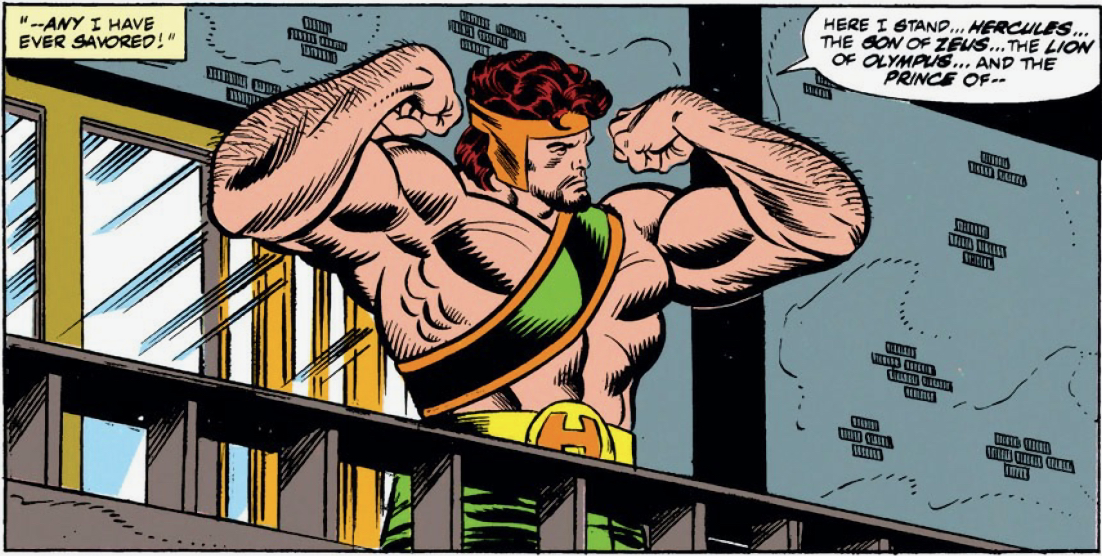










 English (US) ·
English (US) ·